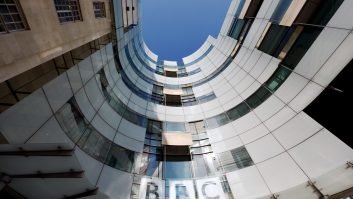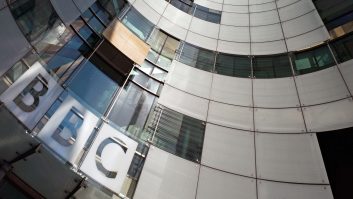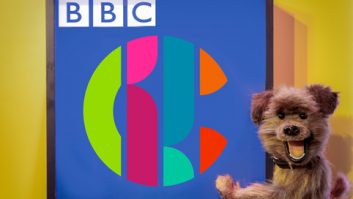
A committee of MPs has decided to support the retention of the BBC licence fee for the next decade, however, has stated the license has “no long-term future”.
The fee has come under pressure with the shift in national viewing habits as audiences increasingly catch up on programmes online.
Figures released by the BBC show that the BBC iPlayer (pictured) received over 2.6 billion requests for television programmes in 2014—requests from tablets increased by over 50 per cent to 801 million, while those from mobiles were up by over 30 per cent to 662 million.
The culture, media and sport select committee said the licence fee should remain for the next decade and be replaced in the 2020s by a “broadcasting levy” on all households, including for those who do not own TVs or watch shows online. The BBC said it agreed the licence fee needed to be modernised.
In a major report published yesterday, ahead of its launch on the floor of the House of Commons in the afternoon, the Commons Culture, Media and Sport Committee called for major changes to the BBC’s governance and for reforms to its funding, in the context of a rapidly evolving media environment and following several years where the Corporation has been “at times beset by mistakes”.
The Committee said there are major questions to be answered about what justifies the close to £4 billion of public money spent on the BBC, and on what the scope and scale of its activities should be.
The Committee’s conclusions were:
In the short-term there is currently no better alternative to the licence fee but as a minimum the licence fee must be amended to cover catch-up television as soon as possible.
Criminal penalties and enforcement for non-payment of the licence is anachronistic and out of proportion with responses to non-payment for other services. However, decriminalisation needs to be accompanied by measures to prevent increased evasion.
A broadcasting levy on all households is the preferred alternative but a degree of subscription for BBC services could be a possibility in the future.
The BBC has tried for too long to provide “something for everyone”: it should reduce provision in areas where others are better placed to deliver excellence and better value for money, and make bigger, braver decisions on its strategy.
The BBC should seek to do more in partnership with others. It should also support local media through extending the indie quota to include local news.
The BBC must demonstrate transparency to eliminate suspicions of cross-subsidy of its commercial work if it is to produce content for others.
The BBC Trust should be abolished and new arrangements made for the governance, regulation and oversight of the BBC.
The BBC should have a unitary board with a non-executive chair, who would be known as the BBC chairman.
A new rigorous and independent Public Service Broadcasting Commission (PSBC) should be established with the role of scrutinising the BBC’s strategic plan, assessing the BBC’s overall performance, and determining the level of public funding allocated to the BBC and others. A small amount of public funding should made available for other public service content priorities.
The National Audit Office (NAO) must now be given unrestricted access to the BBC to provide assurance that the Corporation is spending money wisely.
Committee chairman John Whittingdale said: “In the short term, there appears to be no realistic alternative to the licence fee, but that model is becoming harder and harder to justify and sustain.”





